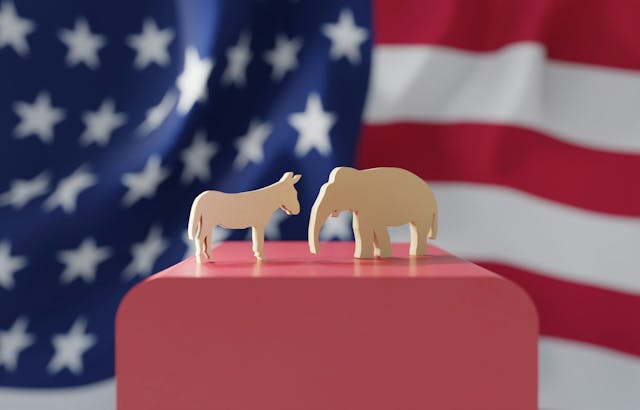Separate Pro-Cannabis Signature Drives Undermine Common Goal

California submitted a new initiative (Californian Cannabis Hemp Initiative of 2014, 13-0013) for ballot consideration that would decriminalize cannabis in all its manifestations.
The slim document allows for the expansion and formalization of a mass industry that has operated in California for decades, providing separately for industrial, personal, and commercial cultivation in an outline dense enough to fit on the back of a petition.
Within two months, however, the pressure of new found majority support proved too much for cannabis activists, nervous about their initiative's ability to stand up to close scrutiny.
Building from an open-source Google document and a mess of ideas, 24 new pages (Marijuana Control, Legalization and Revenue Act of 2014, 13-0025) were submitted disagreeing over details and rushing development of a new regulatory infrastructure. CCHI 2014 hoped to save that delicate task for separately debated legislation.
In an interview with San Diego organizer Nathan Arnold, he said the CCHI organizers attempted to collaborate with those behind the MCLRA to no avail.
550,000 signatures are required by the end of February in order to earn a place on California's 2014 ballot and MCLRA's belated launch and tangled provisions are unlikely to succeed. However, with signatures bled from the central effort, Californian legalization may not make the ballot at all.
MCLRA carries some very functional ideas left undefined in CCHI: 7 separate licensing types for cannabis establishments are detailed, as well as the responsibilities of a regulatory "Cannabis Control Commission," penalties, a separate cannabis diversion program for infractions, and flexibility for smaller cities to voluntarily limit cannabis access.
In fact, the two initiatives are largely compatible, with the exception of CCHI's critical outline for future legislation, which would cover MLCRA's well-intentioned -- but ultimately inadequate -- additions in independently debated laws.
Despite subsections on impairment measurements and lawful consumption, MCLRA still refrains from defining how the state should modify testing procedures or purge obsolete criminal records. Even if MCLRA were to pare down significantly to save some laws for after the signature drive, critical differences in opinion would have to be resolved:
- CCHI caps the excise tax at ten percent and allocates 50 percent of the revenue to the "research, development and promotion of industrial, nutritional and medicinal hemp industries."
- MCLRA leaves the tax undefined and allocates 20 percent each to "education, health care, police, sheriff, and fire departments, drug abuse education and treatment and...the Cannabis Control Commission."
- CCHI protects prescribing doctors from backlash while MCLRA makes medical registration easier.
- CCHI forbids multiple licenses for single establishments while MCLRA allows it.
- CCHI caps licenses at $1,000 while MCLRA charges up to $5,000.
Both initiatives have significant potential to succeed, but only in the event that respective organizers see the writing on the wall. If the split movement can't agree to work with a single evolving document, a tantalizingly close victory for Californian cannabis advocates may be thrown under the bus for a solvable problem.
For those lifelong Californians who never imagined the opportunity would come within the foreseeable future, the consequences of refusing to compromise would be several weary years of patiently waiting their state's turn while others tax an existing cannabis industry
Provided the factual differences in implementation can be negotiated successfully, a cooperating MCLRA could separate and elaborate on its own ideas, allowing CCHI new levels of campaign persuasion with follow-up legislation already waiting to be introduced.
A recent Gallup poll placed national public support for cannabis legalization at an unprecedented 58 percent, and a Tulchin Research poll places Californian support at 65 percent. Buoyed by such a confident chance of passage, any movement would mobilize to the very best of its ability to present Californians with a ballot initiative as soon as possible.
Whether or not Californian cannabis advocates will succeed in taming their troops and crafting the best document remains to be seen.
Photo Credit: Releaf Magazine



